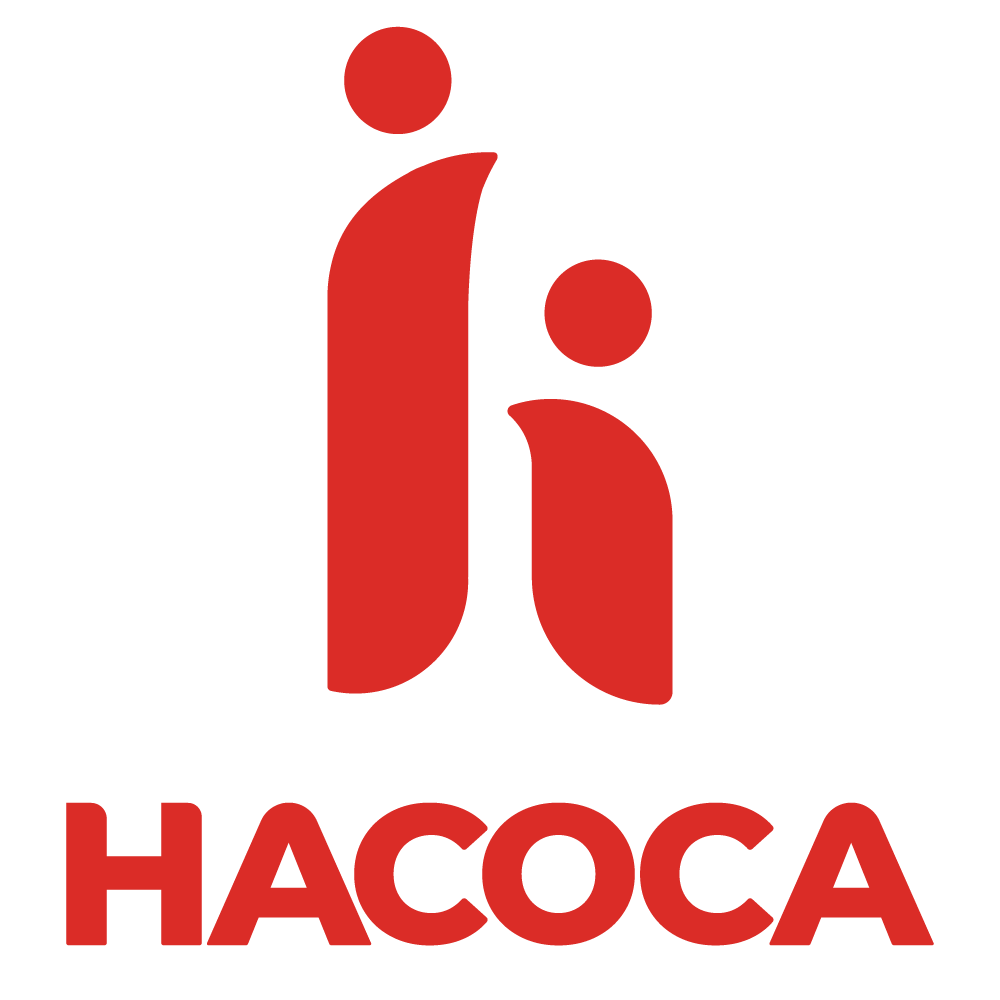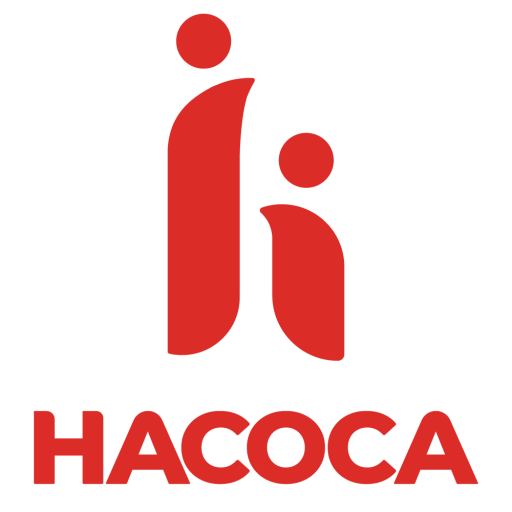Research on Scarcity of Water in Mkuyuni Ward
This project’s objective is to conduct research that identifies the underlying factors contributing to water scarcity and to inform future interventions.
Project Overview
This project was a critical initiative aimed at addressing one of the most pressing issues faced by communities in Morogoro Rural: the severe water scarcity that had led to a rise in waterborne diseases, including cholera, typhoid, and other forms of diarrhea. The project emerged as a direct response to the alarming increase in these diseases, which were closely linked to the lack of access to clean and reliable water sources in the region. HACOCA’s research team, equipped with advanced research skills provided by REPOA, conducted extensive fieldwork to tackle the root causes of these health crises.
In collaboration with the local government authority, local leaders, influential community members, and residents, HACOCA embarked on a comprehensive research and baseline study. This study sought to identify the underlying factors contributing to water scarcity, exploring a range of environmental and infrastructural challenges, as well as the broader impact of water shortages on health, agriculture, and daily life. The findings from this collaborative research provided invaluable insights that informed future water resource management strategies and interventions. By leveraging the research expertise developed through REPOA’s training, HACOCA and the local communities were able to address the severity of the issue and lay the groundwork for sustainable solutions to ensure safe and sufficient water access in Morogoro Rural.
Project Achievement
The project achieved significant outcomes by addressing the critical issue of water scarcity in Morogoro Rural, particularly benefiting the 15,000 residents of Mkuyuni Ward in 2008. Through the research and baseline study, conducted in collaboration with local government authorities, community leaders, and residents, HACOCA successfully identified the root causes of waterborne diseases such as cholera, typhoid, and diarrhea. This research, informed by the advanced skills provided by REPOA, led to the development of effective water resource management strategies that directly improved access to clean and reliable water sources for the community. Also, the project enhanced the overall health, agricultural productivity, and daily life of the estimated 15,000 people in Mkuyuni Ward. The collaborative effort fostered a deeper understanding of the challenges and paved the way for sustainable water solutions in the region.

